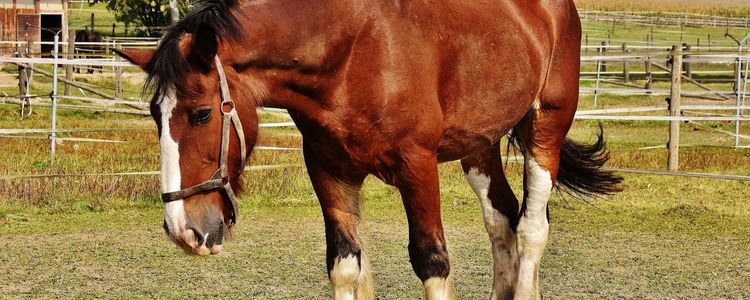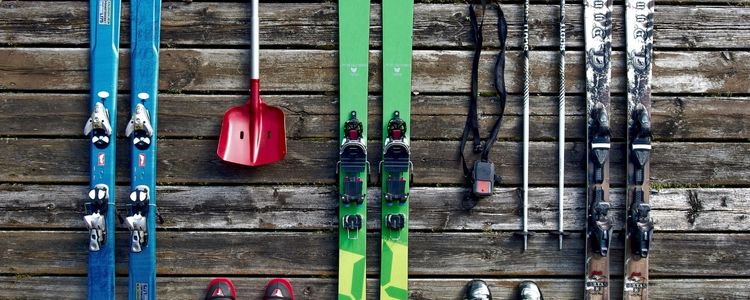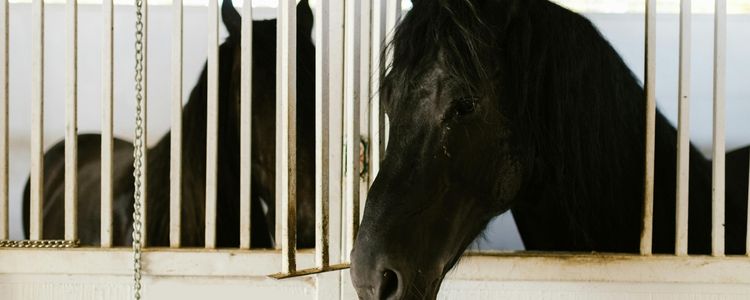Aspen's Equestrian Estates
Aspen's reputation extends far beyond its world-class ski slopes. This Colorado mountain town has deep roots in ranching culture, dating back to the late 1800s when silver miners first settled in the valley. Today, Aspen's equestrian estates represent a unique blend of Western heritage and modern luxury, offering discerning buyers the chance to own a piece of this storied landscape.
The allure of Aspen equestrian properties lies in their ability to merge traditional ranch life with contemporary amenities. These estates aren't just homes—they're gateways to a lifestyle that celebrates both the region's rich history and its commitment to preserving open spaces for future generations.

The Rich Heritage of Ranching in Aspen
Aspen's transformation from a bustling silver mining town to an exclusive resort destination didn't erase its agricultural roots. When the silver boom ended in the 1890s, many miners turned to ranching to sustain their livelihoods. The fertile valley floor and abundant water sources created ideal conditions for raising cattle and horses.
Historic properties like Stillwater Ranch and Wildcat Ranch established the foundation for what would become Aspen's enduring equestrian culture. These working ranches not only provided economic stability during challenging times but also preserved the valley's open character that defines the region today.
The ranching tradition continues to influence modern development, with many contemporary equestrian estates incorporating elements that honor this legacy while meeting today's luxury standards.
Modern Equestrian Excellence
Today's Aspen equestrian estates represent the pinnacle of refined country living. Properties like Aspen Valley Ranch showcase how contemporary architecture can complement the natural landscape while providing world-class facilities for horse enthusiasts.
These modern estates typically feature:
- Custom-designed barns with premium stalls, climate control, and professional-grade equipment
- Riding arenas suitable for training and competition
- Extensive trail systems connecting to public lands and neighboring properties
- Pastures and paddocks designed for optimal horse health and safety
- Staff quarters for property managers and equestrian professionals
The architecture often reflects Colorado's mountain heritage while incorporating modern conveniences. Exposed timber beams, natural stone, and floor-to-ceiling windows create homes that feel connected to the surrounding environment.
What sets these properties apart is their integration of luxury living with functional equestrian facilities. Residents can enjoy gourmet kitchens, spa-like bathrooms, and entertainment spaces while maintaining proximity to their horses and outdoor activities.

Conservation and Stewardship
The Aspen Valley Land Trust plays a crucial role in preserving the area's working ranches and open spaces. Through conservation easements and strategic partnerships, the organization ensures that Aspen's agricultural character remains intact despite development pressures.
Many equestrian estate owners participate in private conservation programs, placing portions of their land under protective easements. These agreements provide tax benefits while guaranteeing that pastures, wildlife corridors, and scenic vistas remain undeveloped.
This conservation ethic creates additional value for equestrian properties. Buyers aren't just purchasing real estate—they're becoming stewards of protected landscapes that will benefit the community for generations.
The result is a market where properties with conservation easements often command premium prices due to their rarity and the peace of mind they provide regarding future development restrictions.
An Unmatched Lifestyle Experience
Aspen equestrian estates offer recreational opportunities that extend well beyond horseback riding. The properties serve as base camps for exploring Colorado's outdoor playground.
Summer activities include:
- Trail riding through aspen groves and alpine meadows
- World-class fly fishing on private water rights
- Hiking and mountain biking on extensive trail networks
- Private events and gatherings in stunning natural settings
Winter transforms these properties into snow-covered wonderlands where residents can:
- Access some of the world's best skiing within minutes
- Enjoy cross-country skiing and snowshoeing on their own land
- Host intimate gatherings by roaring fireplaces
- Experience the serene beauty of snow-covered pastures
The proximity to Aspen's cultural amenities adds another dimension to the lifestyle. Residents can attend world-renowned music festivals, dine at award-winning restaurants, and participate in the town's vibrant social scene while maintaining the privacy and tranquility of their country estates.

Market Overview and Investment Potential
The Aspen equestrian estate market represents one of the most exclusive segments of Colorado real estate. Limited inventory and strict development regulations ensure that these properties maintain their value over time.
Current market characteristics include:
- Scarcity-driven appreciation due to limited developable land
- Strong rental potential for luxury vacation properties
- International buyer interest from equestrian enthusiasts worldwide
- Stable long-term values supported by conservation protections
Properties typically range from smaller horse-friendly estates on 5-10 acres to expansive ranches encompassing hundreds of acres. The most sought-after features include water rights, historic barn structures, and direct access to public trails.
The combination of recreational amenities, conservation protections, and Aspen's global reputation creates a market where well-positioned equestrian estates often outperform broader real estate indices.
Expert Guidance for Your Equestrian Estate Search

Navigating Aspen's complex equestrian real estate market requires specialized knowledge and local expertise. Understanding water rights, conservation easements, zoning regulations, and seasonal access issues demands a professional who knows this unique market intimately.
Ryan Schwartz at Aspen Real Estate brings years of experience helping clients find their perfect equestrian property. His deep understanding of the local market, combined with strong relationships throughout the community, ensures that buyers receive comprehensive guidance throughout their search and purchase process.
Whether you're seeking a turnkey equestrian facility or a property with development potential, working with a specialist familiar with Aspen's unique characteristics can make the difference between finding a house and discovering your dream estate.